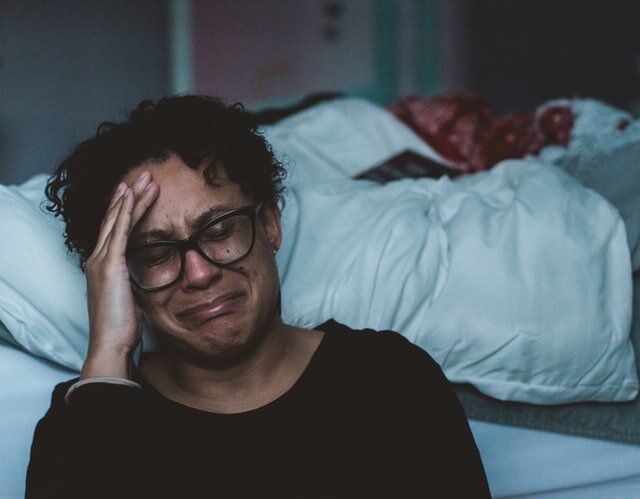Ketamine: Right for Your Depression?
This week, the FDA approved a new type of depression medication for those suffering with difficult to treat types of depression. The medication, called esketamine, is a nasal spray and works a lot faster to treat serious mood problems such as depression. Esketamine works within hours or days, and helps those who have been considered “treatment resistant” to other antidepressant drugs.
This is in contrast to the widely used and accepted antidepressant medications such as Prozac or other serotonin enhancing medications that have been on the market for several decades now. Those suffering from depression already feel hopeless, and when they try a medication regime that is not working, such as an antidepressant medication traditionally used, their hopelessness may be worse. Those people may want to consider the use of this new drug.
Ketamine's history is that it was originally developed as an anesthetic, but then was popularized as a club drug, called “Special K.” It provides quick relief for depression, as well as works with other mental health issues such as anxiety and suicidal thinking, which Ketamine can blunt. If you are considering this, please talk with your doctor or psychiatrist to see if this is a viable alternative to helping you with your depression.
If you are experiencing mild depression, or moderate depression, this treatment may not be for you.Talking with your doctor or psychiatrist, you may benefit from the use of an antidepressant to help you. If you’re not interested in using an antidepressant medication to treat your depression, there may be other things that you can do such as changing lifestyle factors or seeking out talk therapy to alleviate your depression.
Lifestyle Factors and Depression
Exercise, sleep, and right diet can vastly improve depression, although some of these things are difficult to do when you’re actually feeling depressed. It’s hard to get up out of bed and mobilize when depression gets extreme, so learning to take care of yourself during these times takes extra effort. Rigorous exercise two or three times a week, including some cardiovascular exercise such as brisk walking, light jogging, or swimming, can certainly help. Exercise has been shown to be a consistent aid in dealing with depression.
If you’re not getting the right amount of sleep, or quality of sleep, this may be exacerbating your depression. Try to aim for 6 to 8 hours of good, quality sleep, which is uninterrupted. Your diet also may be making your depression worse. If you’re eating a lot of foods high in sugar, fat, a lot of fast food, then you may be feeling more depressed in general. Try eating the majority of plant-based foods, such as fresh vegetables, fruit, grains, legumes, nuts, and omega-3 fatty acid’s in wild fish, flax oil, etc.
Try to regulate your blood sugar levels so that they even out, rather than going on wild up-and-down cycles with sugary foods or too many refined carbohydrates, such as bread, pasta, potato chips, pizza, sweets, desserts, etc.
Many people also don’t want to use medication or an antidepressant to help them with their depression. I think that in some cases, both the regular use of antidepressant medication and regular talk therapy can be very powerful in assisting mild to major depression. Sometimes, just talk therapy or counseling can make a major dent in your depression, as well. If you have never considered talking to a professional counselor or therapist, this may be the time.
Talk Therapy and Depression
A lot of men tend to hold in their feelings, and just buck up and deal with their mental health issues without seeking out any help. This may be due to the stigma of getting help if you’re a man, or it may be that you have a difficult time diagnosing problems going on with yourself and treating them, either out of pride, avoidance, or whatnot.
Regular talk therapy with a professionally trained and licensed therapist or counselor can greatly help in alleviating your depression. Talking through the problems that you have not dealt with or have repressed, therapy may be able to help you unlock certain parts of yourself and solutions to some of your problems with depression.
It may help you start to process some of the underlying and unconscious negative emotions associated with your depression, as well as help you identify negative or dysfunctional thought patterns that may also be underlying your depression, and help you change both. Learning how to change around your emotions, thoughts, and behaviors can do a lot in alleviating your depression, and possibly even getting rid of it for good.
What do you think? Have you experienced depression, or think that you may be dealing with it now? What’s worked for you, in terms of treatment, and/or lifestyle factors you’ve reconsidered? If you’re interested in learning more about the depression treatment, or if depression might be right for you, please feel free to contact me directly or visit our depression treatment page.



